Lhasa Apso
Showing all 7 results
iHeartDogs is Your #1 Source for Lhasa Apso Lover Gifts – Lhasa Apso Shirts, Lhasa Apso Sweatshirts, Lhasa Apso Mugs, Lhasa Apso Jewelry, Lhasa Apso Memorial Products & More!
Each Purchase Helps Provides Donated Food to Shelter Dogs!
Since 2013, iHeartDogs has supported rescues and shelters through each purchase in our Lhasa Apso gifts store. Shop lhasa apso t-shirts for him, lhasa apso shirts for her, lhasa apso mugs, lhasa apso hoodies & sweaters, lhasa apso jewelry, and lhasa apso pet memorial gifts.
In our iHeartDogs Dog Health Supplements store, you’ll find Hip & joint supplements for your akita, lhasa apso probiotics, CBD for lhasa apsos, lhasa apso allergy supplements & fish oil, and lhasa apso dental chews & cleaners.
With the cost of veterinarian care skyrocketing, make sure you compare pet insurance plans for your lhasa apso. In recent years, many new pet insurance companies have entered the market and pet insurance for your lhasa apso has become more affordable.
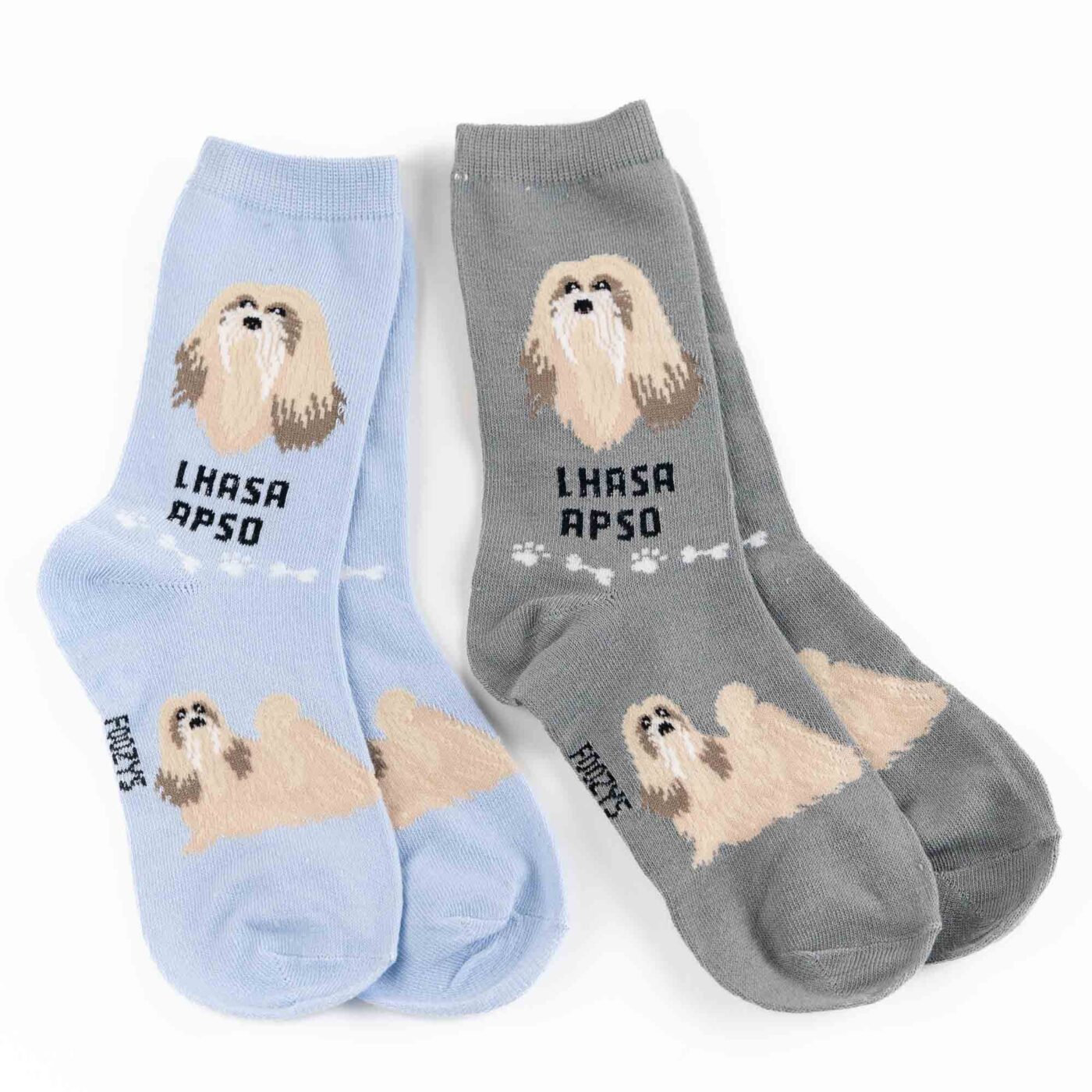
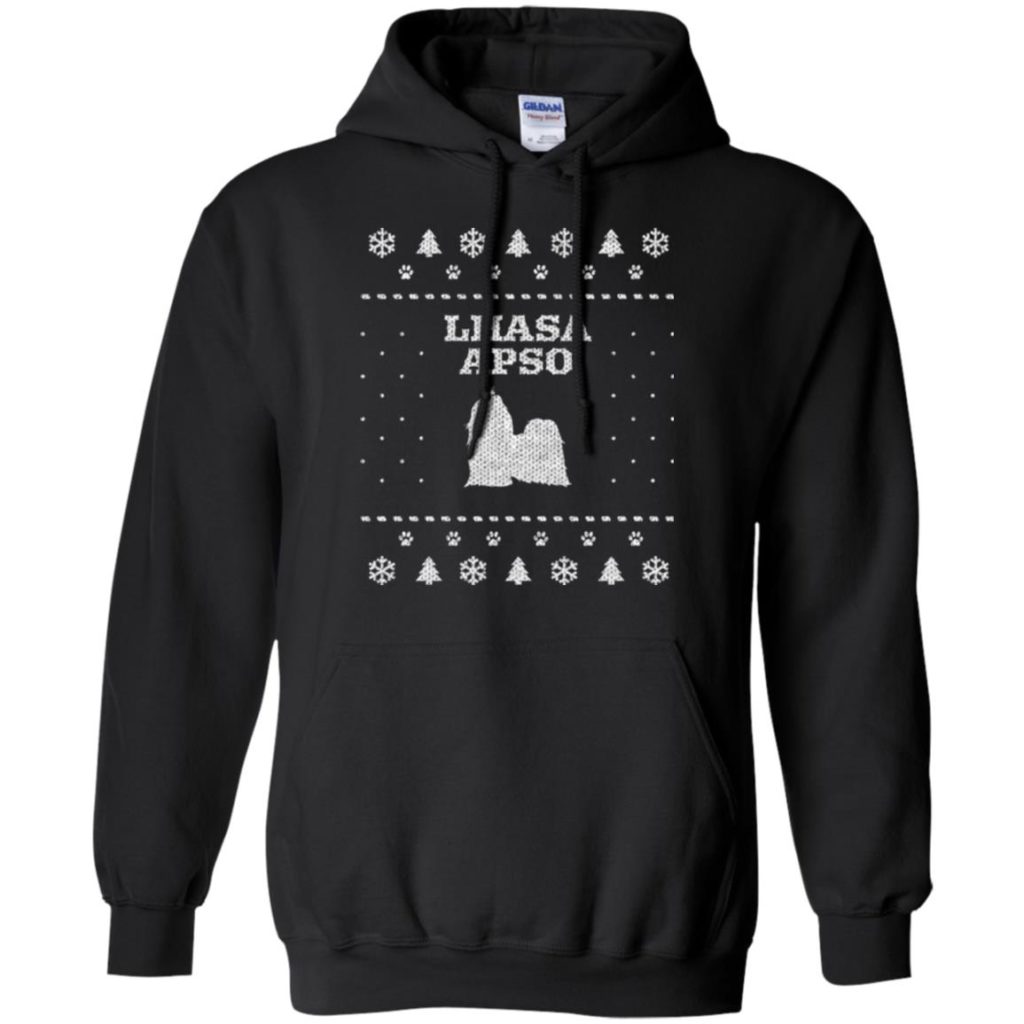



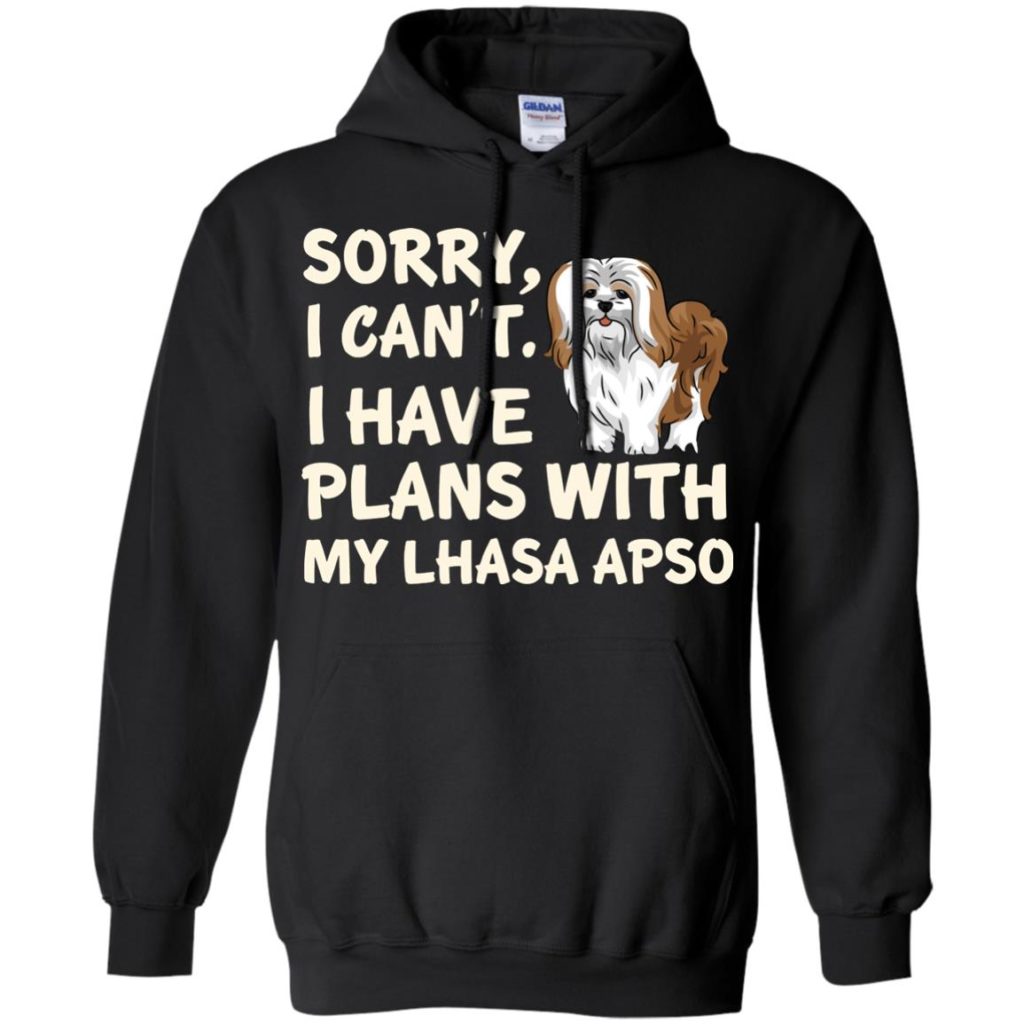
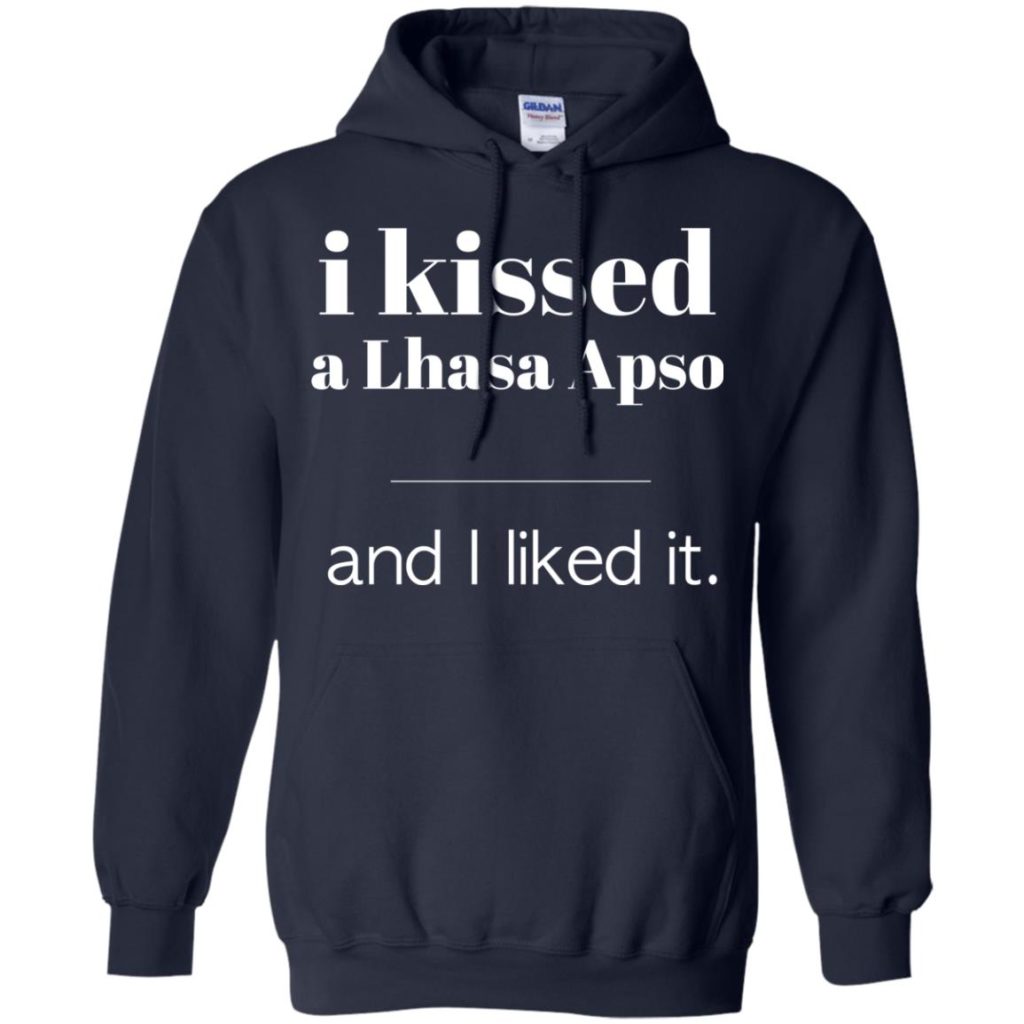

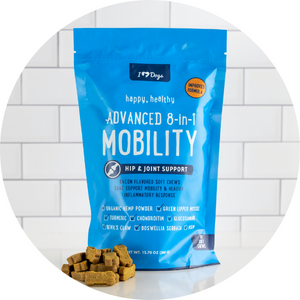
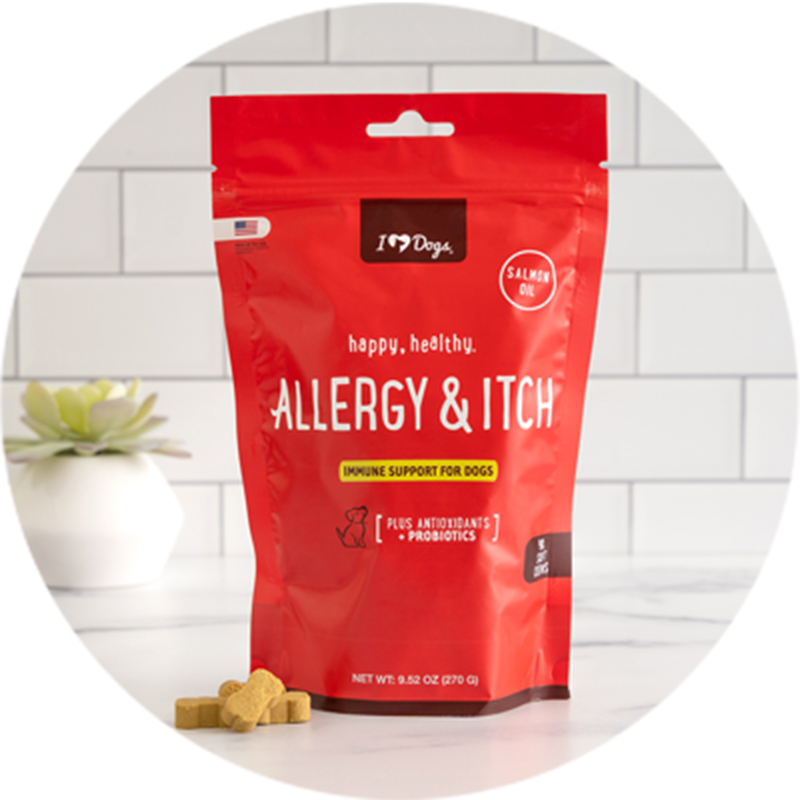
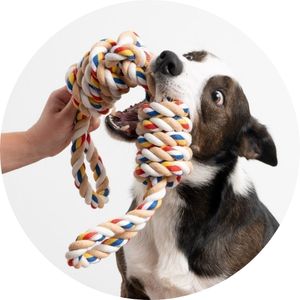

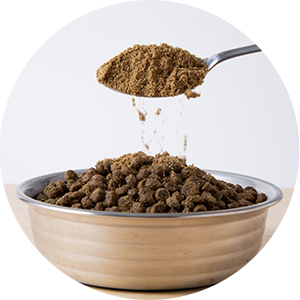
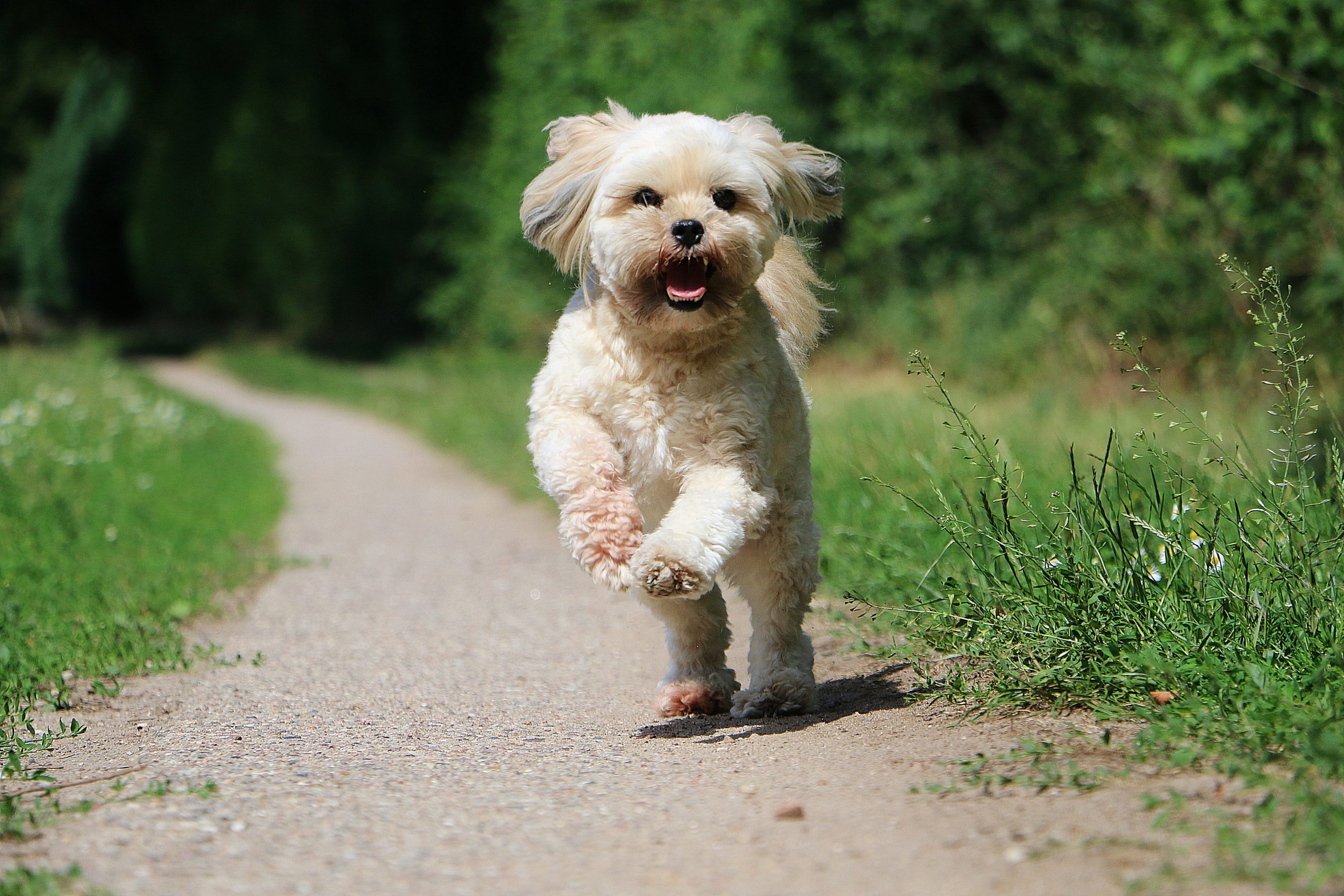

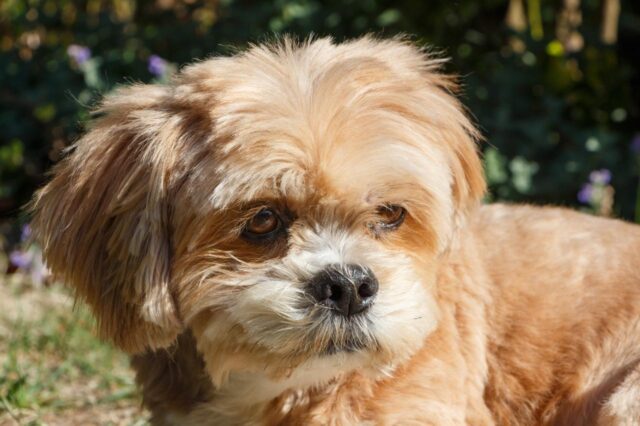
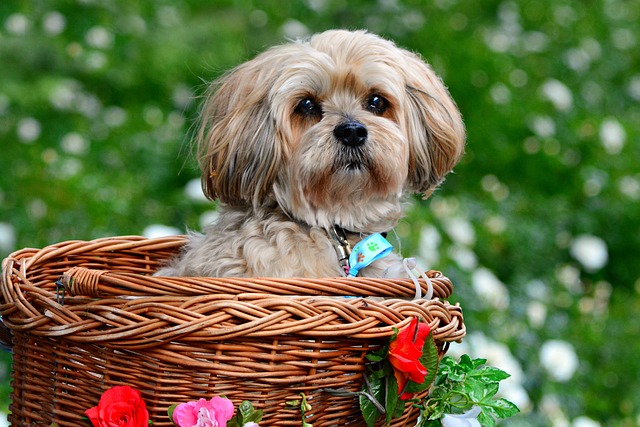

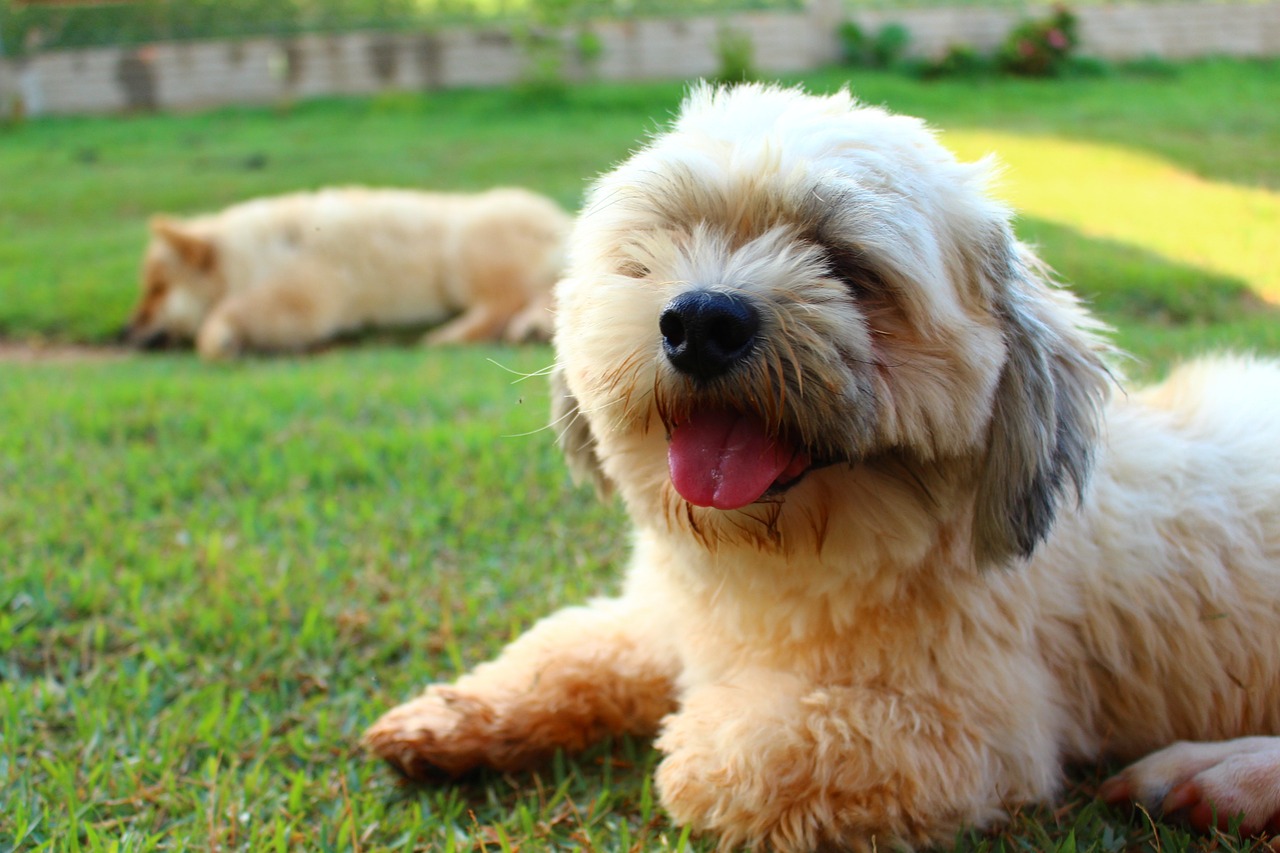
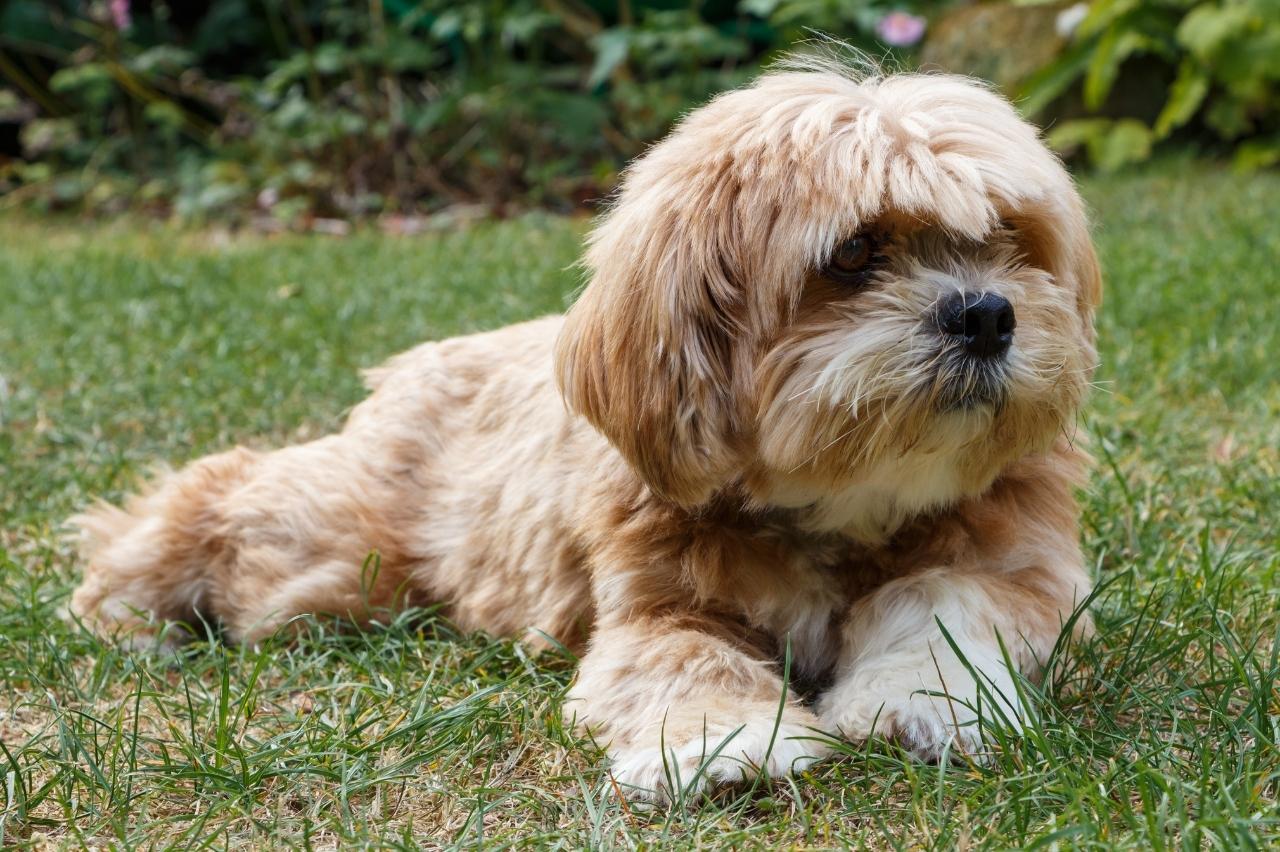
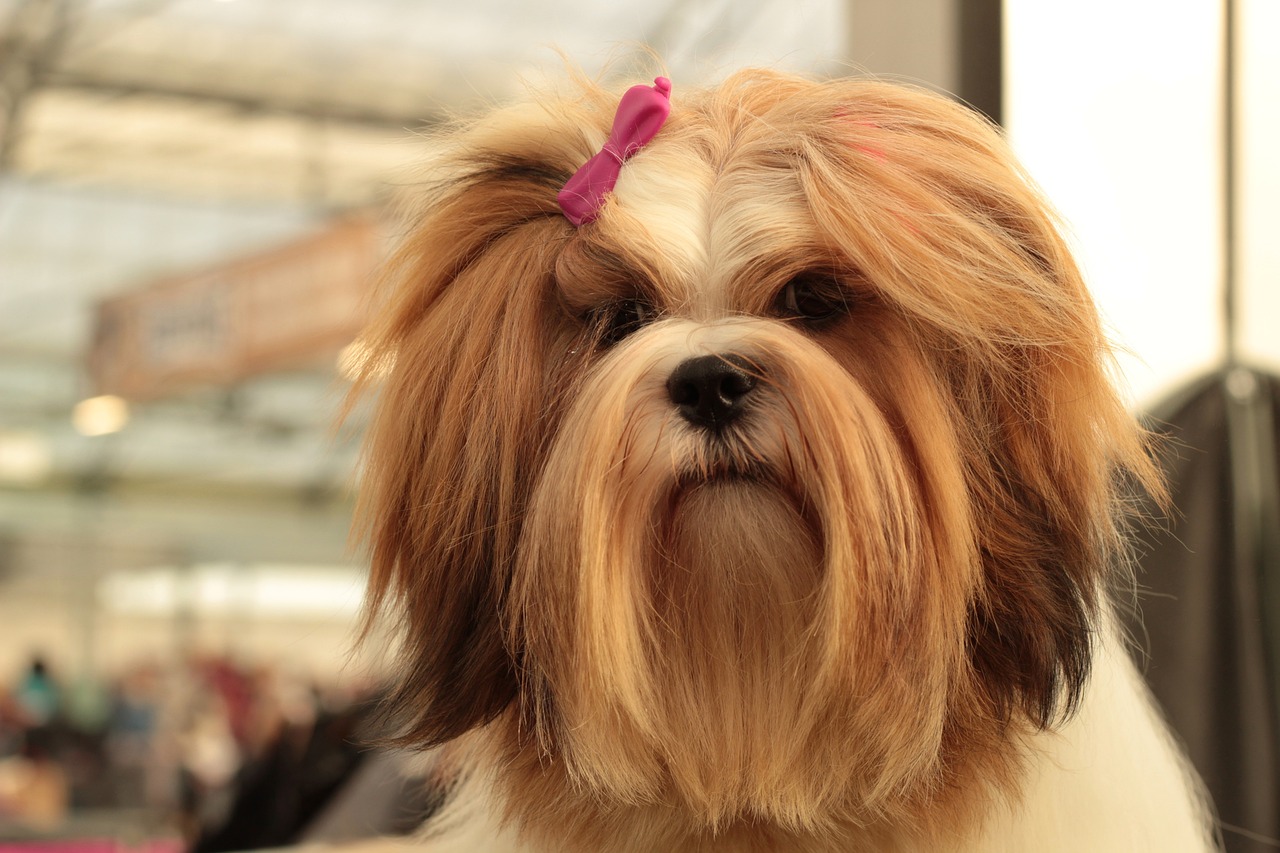
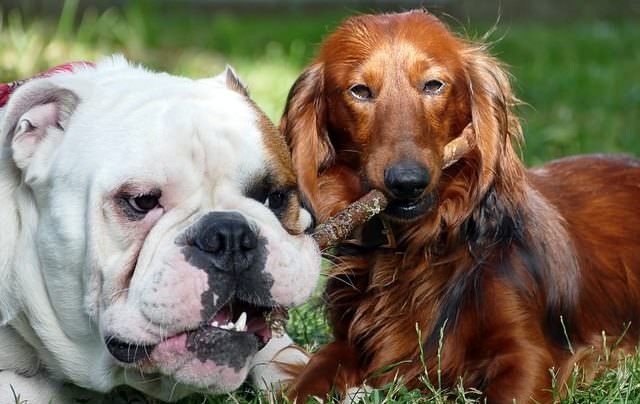
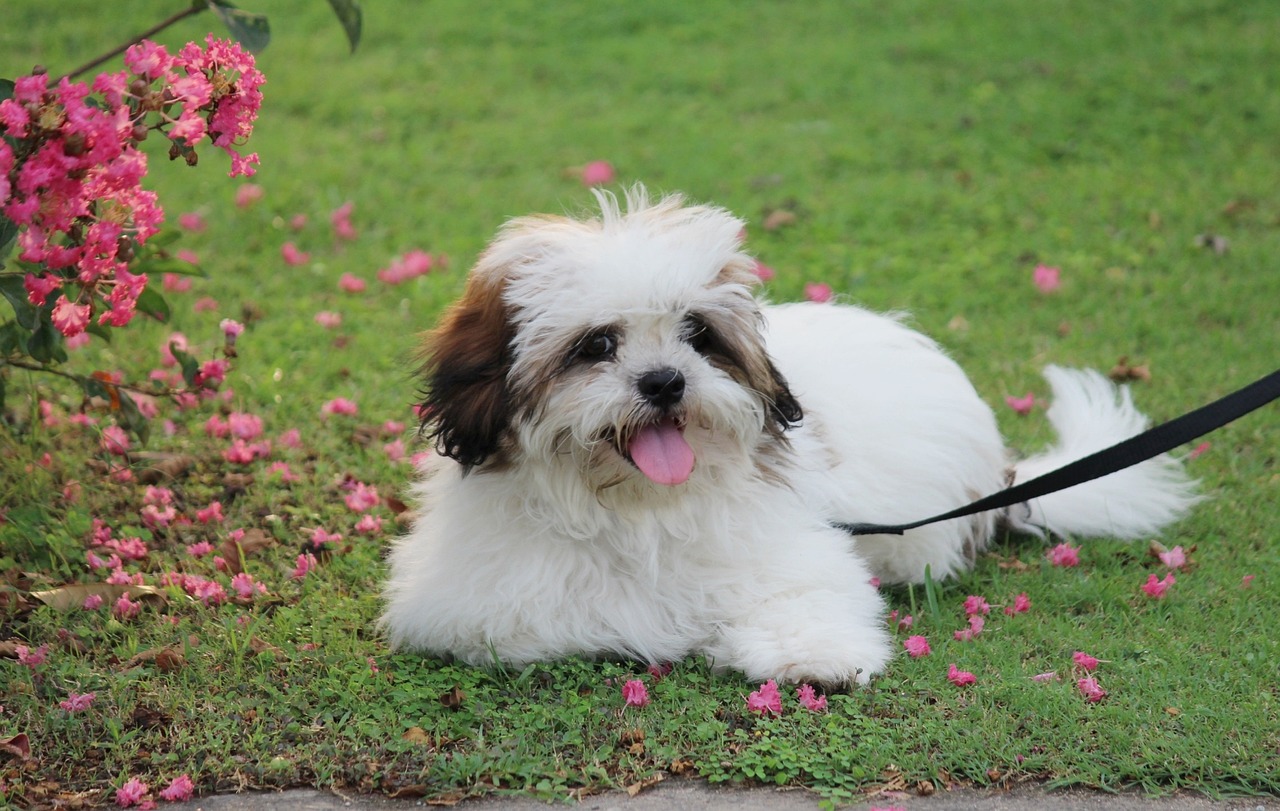



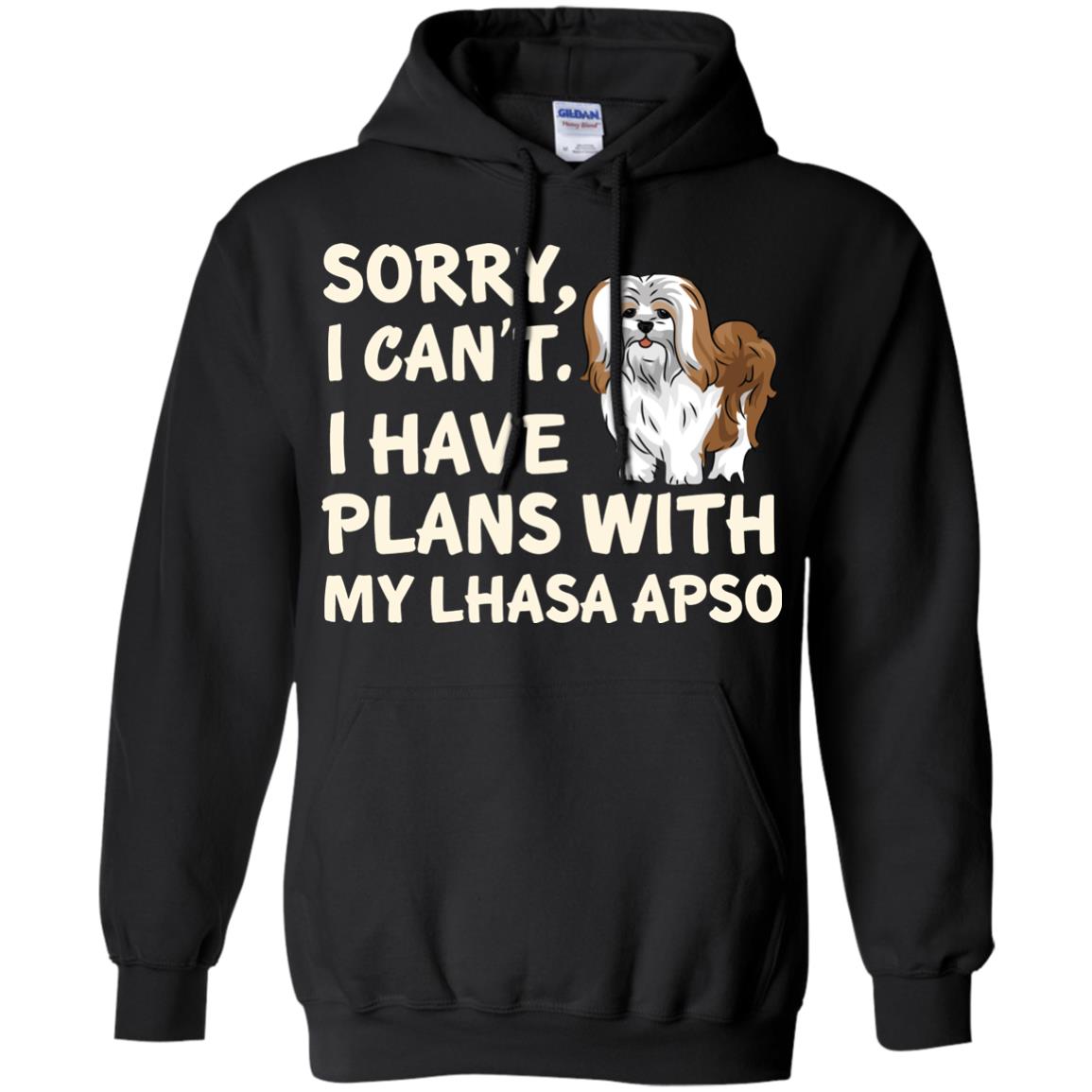
 Toledo, United States.
Toledo, United States.